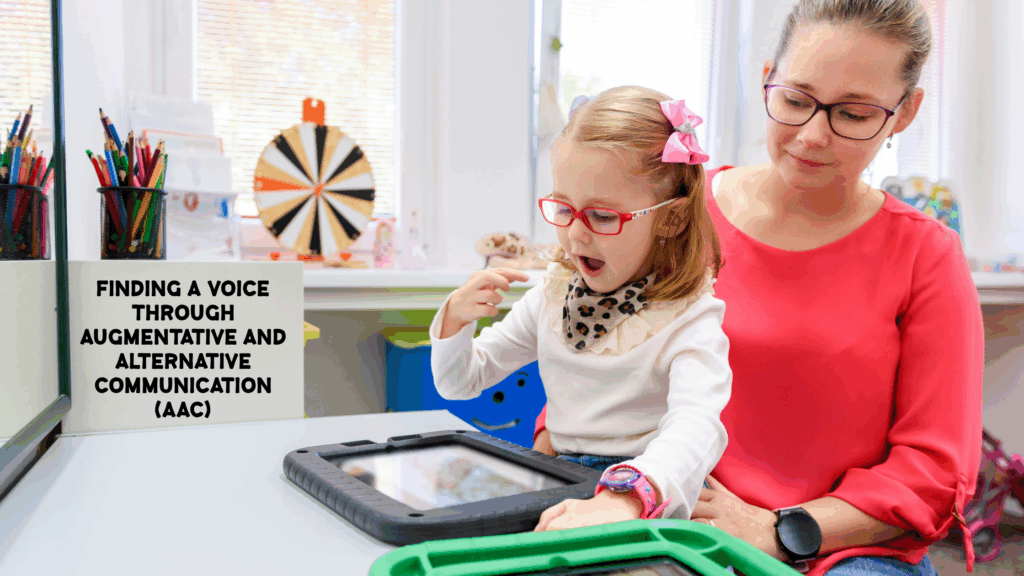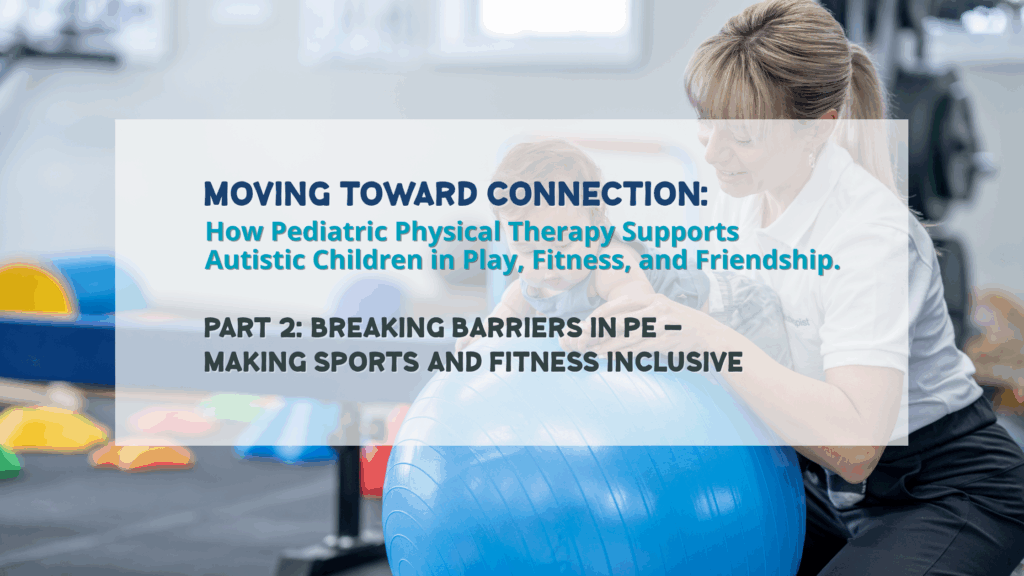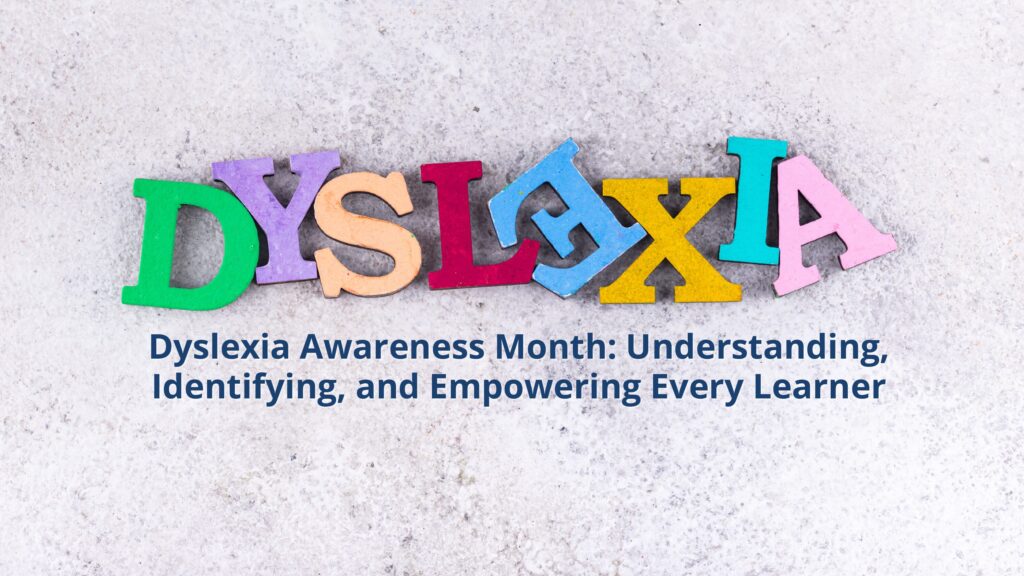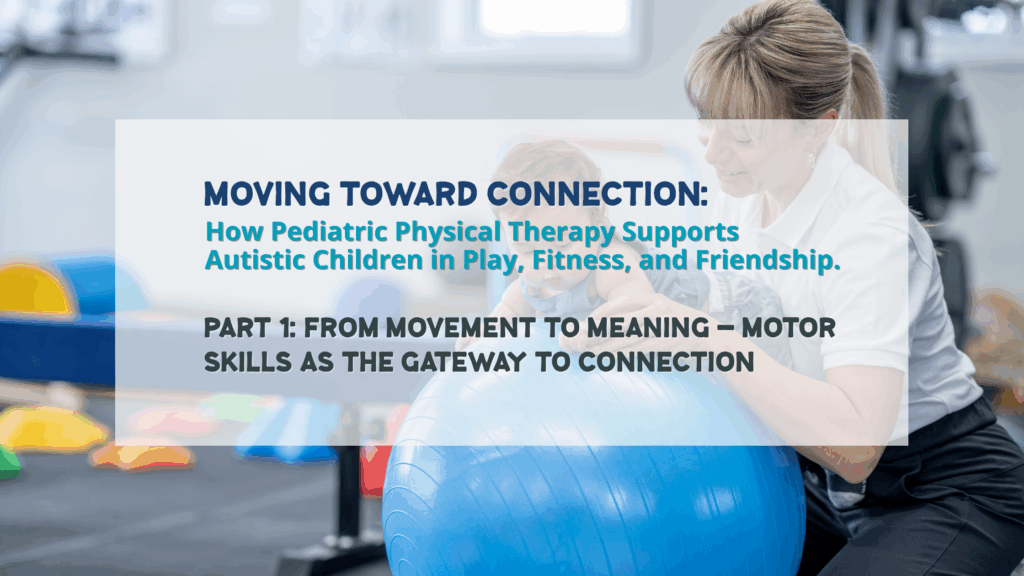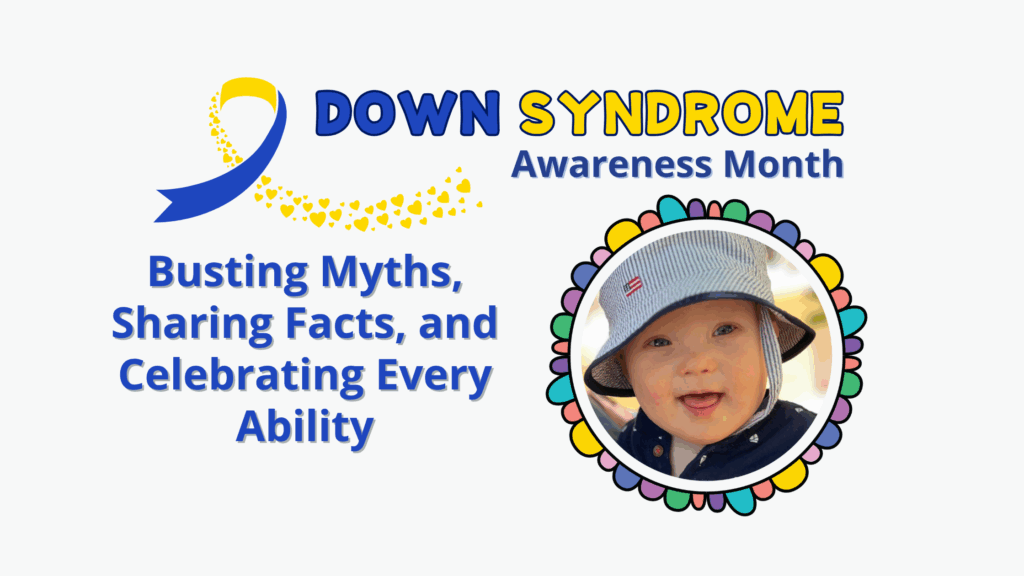Anxiety touches nearly every child at some point in their development. But for autistic and neurodivergent children, it can surface earlier, run deeper, and show up in ways that are sometimes easy to miss.
It’s completely normal for children to feel anxious from time to time—whether they’re facing a big test, starting a new school, or navigating tricky social situations. But when those worries begin to interfere with daily life, routines, or your child’s sense of well-being, it may be time to seek additional support, like counseling.
Neurodiverse children, especially those who are autistic, often experience anxiety more frequently and with greater intensity. Understanding how it shows up is important in helping them feel safe and supported.
At Total Education Solutions (TES), we understand that every child experiences anxiety differently. Our team specializes in supporting both neurotypical and neurodivergent learners, helping families recognize the signs of anxiety and respond with empathy, structure, and evidence-based care.
How Anxiety Shows Up
Anxiety doesn’t always look the same from one child to another. Some kids can clearly express what’s making them feel nervous, while others may show it through behavior, body language, or mood.
For Neurotypical Children
Neurotypical children may feel anxious during times of transition or uncertainty, like moving to a new grade, starting a sport, or being separated from caregivers. They may worry about failing, getting hurt, or fitting in.
Common signs include:
- Avoiding certain places or activities
- Seeming more irritable or sensitive than usual
- Complaining of stomachaches, headaches, or feeling unwell
- Having trouble falling or staying asleep
For Neurodivergent Children
Autistic children and other neurodivergent learners often experience anxiety linked to sensory sensitivities, social confusion, or changes in routine. Even everyday situations—like a fire drill, a substitute teacher, or an unfamiliar smell—can feel overwhelming.
Anxiety might show up as:
- Increased stimming or repetitive behaviors
- Avoidance or resistance to transitions
- Meltdowns or shutdowns in response to stress
- Difficulty with flexibility or changes in schedule
- Shifts in eating, sleeping, or energy levels
Supportive Strategies
There are practical ways to help children manage anxiety in both the moment and long term. A few strategies that can make a big difference:
- Talk openly about feelings—help your child name what they’re feeling
- Keep routines predictable and structured.
- Use visual aids like schedules, first-then boards, or countdown timers.
- Offer quiet, sensory-friendly spaces when your child needs to recharge.
- Practice calming strategies together, such as deep breathing or stretching.
- Prepare for upcoming events by role-playing or using social stories.
When these tools match your child’s unique needs, they can build confidence, reduce anxiety, and foster emotional regulation.
When to Reach Out for Help
While occasional anxiety is part of childhood, consistent signs of distress, like sleep disruptions, school refusal, isolation, or frequent meltdowns, are worth paying attention to.
That’s where professional support can make all the difference.
TES Counseling provides personalized, strengths-based services for children, teens, and families. Our experienced therapists work closely with clients to explore emotions, build coping tools, and create realistic strategies to manage anxiety, whether your child is neurotypical or neurodivergent.
We believe in meeting each child where they are and empowering them to thrive. If you’re unsure whether counseling is right for your child, we’re here to listen, guide, and help you find the best path forward.
Let’s Take the Next Step Together
If you’re wondering whether counseling is right for your child, we invite you to reach out for a conversation. There’s no pressure—just support, guidance, and a team ready to listen.
Call our Columbus office today at (614) 695‑3747 to speak with a team member who can help you explore whether counseling is a good fit for your child. You can also visit our contact page at tesidea.com/contact-us to request more information or schedule a consultation.
Your child deserves to feel safe, understood, and capable—and we’re here to support your family every step of the way.
Reach out now. Let’s move forward together.


 10 Jul 2025
10 Jul 2025 
